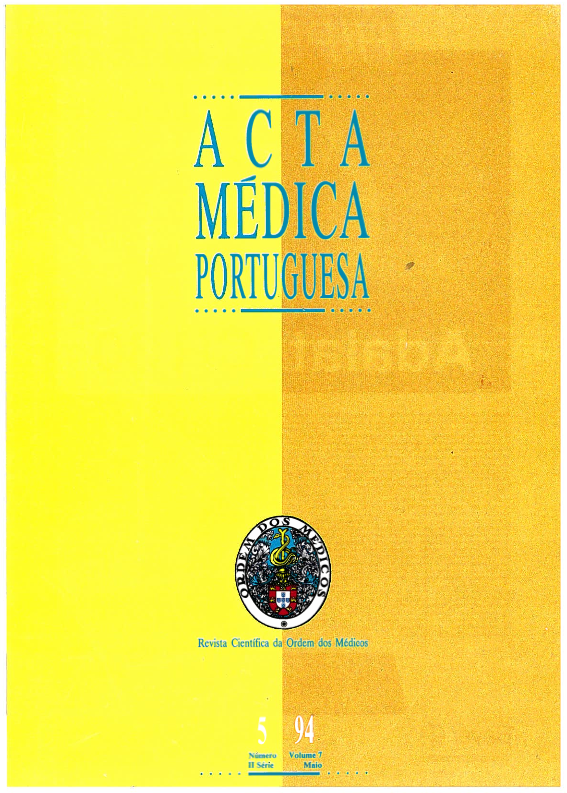The cardiac toxicity of cancer chemotherapy.
DOI:
https://doi.org/10.20344/amp.2894Abstract
The presence of secondary effects following the administration of chemotherapeutic drugs is an important limitation to cancer therapy. Of these, cardiotoxicity is of crucial importance due to its negative influence on survival. The anthracyclines and cyclophosphamide are the most important cardiotoxic antineoplastic agents currently used. If we agree on a ceiling dosage of chemotherapy we will deprive some patients with a highly functional cardiac reserve of a potential benefit in the control of their cancer. Other patients who are more susceptible to the cardiotoxic effects of anticancer agents will suffer from severe cardiac disfunction following small cumulative doses of anthracyclines. The authors discuss the main cardiotoxic effects of several antineoplastic drugs with special attention given to the anthracycline group. Several diagnostic methods potentially useful in cardiac monitoring are described. Radionuclide angiocardiography is considered the gold-standard in monitoring anthracycline cardiotoxicity. Other invasive methods like endomyocardial biopsy and right heart catheterization can be clinically useful when nuclear angiocardiography is inconclusive. The authors propose an approach to the prevention of anthracycline cardiotoxicity. Other chemotherapeutic agents like cyclophosphamide are associated with the presence of myopericarditis which is sometimes fatal. The cardiotoxic effects of anticancer treatment with 5-fluorouracil, mitoxantrone, carmustine, amsacrine and interferon are less frequent and usually more benign. Finally we discuss bone marrow transplantation and its related cardiotoxicity.Downloads
Downloads
How to Cite
Issue
Section
License
All the articles published in the AMP are open access and comply with the requirements of funding agencies or academic institutions. The AMP is governed by the terms of the Creative Commons ‘Attribution – Non-Commercial Use - (CC-BY-NC)’ license, regarding the use by third parties.
It is the author’s responsibility to obtain approval for the reproduction of figures, tables, etc. from other publications.
Upon acceptance of an article for publication, the authors will be asked to complete the ICMJE “Copyright Liability and Copyright Sharing Statement “(http://www.actamedicaportuguesa.com/info/AMP-NormasPublicacao.pdf) and the “Declaration of Potential Conflicts of Interest” (http:// www.icmje.org/conflicts-of-interest). An e-mail will be sent to the corresponding author to acknowledge receipt of the manuscript.
After publication, the authors are authorised to make their articles available in repositories of their institutions of origin, as long as they always mention where they were published and according to the Creative Commons license.









